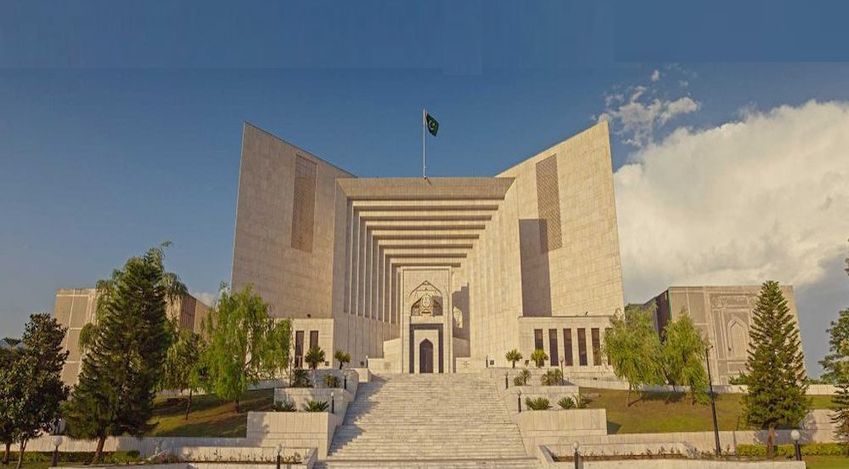Supreme Court of Pakistan Orders Major Reforms in Public Universities’ Governance and Appointments
Islamabad 31-10-2024: In a landmark ruling, the Supreme Court of Pakistan has mandated comprehensive reforms to improve governance, transparency, and accountability in public sector universities across the country. The decision addresses widespread issues in universities’ administrative practices, including the chronic vacancies in tenured positions, failures in statutory compliance, and financial mismanagement. Filed by the All Public Universities BPS Teachers Association (APUBTA), the petition highlighted key governance challenges undermining the quality of education in Pakistan’s public universities.
The three-member bench, headed by Mr. Chief Justice Qazi Faez Isa, ruled under the original jurisdiction of Article 184(3) of the Constitution, emphasizing the importance of Fundamental Rights, including the right to education and equal protection under the law. The Court’s decision outlined several critical directives:
The Court highlighted the lack of permanent appointments for Vice-Chancellors, Registrars, and Deans in numerous public universities, noting that many positions are filled on an acting-charge basis, violating statutory laws. The ruling mandates all universities to fill tenured positions based on merit through a transparent process, with a strict timeline to avoid prolonged acting appointments.
The judgment stressed the need for universities’ governing bodies to meet the legally required minimum number of times each year. The Court held that regular meetings of boards, syndicates, and academic councils are essential to proper governance and decision-making.
Noting a troubling pattern of overstaffing with non-academic employees, the Court highlighted that this practice strains university finances and diverts resources from academic needs. Universities must now adhere to the Higher Education Commission’s (HEC) prescribed staffing ratios, stopping non-essential non-academic hiring.
The judgment encouraged universities to reintroduce student unions, promoting structured student representation while ensuring they are inclusive and non-divisive. Citing Quaid-e-Azam University’s model, the Court views student unions as a vital channel for addressing students’ concerns constructively.
In light of financial irregularities observed in some universities, the Court has directed the Auditor-General of Pakistan to conduct a special financial audit of these institutions, ensuring that public funds are utilized responsibly.
While underscoring respect for university autonomy, the Supreme Court of Pakistan stressed the necessity of accountability within statutory limits. The ruling supports university self-governance, provided they adhere to legal obligations and maintain accountability to the public.
The judgment called out specific governance failures in several institutions, including:
- National Fertilizer Institute of Engineering and Technology (Multan): The Vice-Chancellor had been illegally serving beyond his lawful term, leading to directives for immediate compliance.
- International Islamic University (Islamabad): The Court highlighted serious violations in appointments and governance, noting excessive non-academic hiring and operational dysfunction.
This historic decision reaffirms the Supreme Court of Pakistan commitment to upholding educational standards and improving public university governance across Pakistan. By linking governance and administrative compliance to citizens’ Fundamental Rights, the Court has set a high standard for transparency, accountability, and academic integrity in the higher education sector. Copies of the judgment have been forwarded to federal and provincial education departments for enforcement, with HEC oversight to ensure ongoing compliance.
The Supreme Court of Pakistan decision could mark the beginning of substantial structural improvements in Pakistan’s public university system, positively impacting students, faculty, and Pakistan’s broader educational landscape.
Powered by Froala Editor








